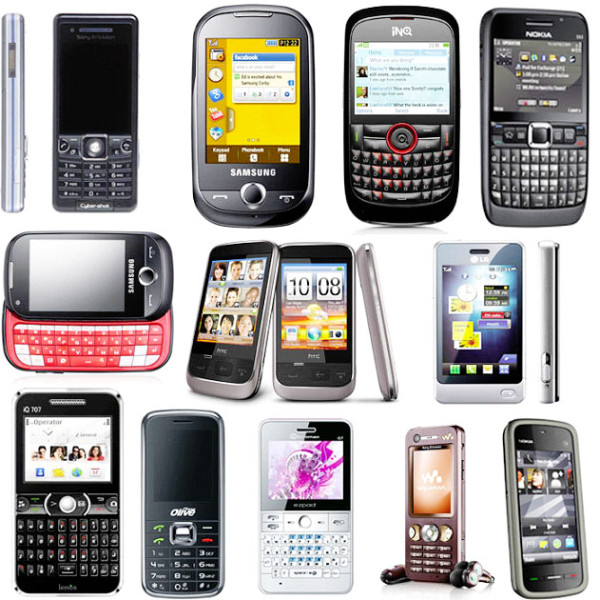The largest number of consumer complaints made to the Guyana National Bureau of Standards (GNBS) this year so far has had to do with “cellphone issues,” Senior Inspector in the Bureau Dillon Beckles has told the Stabroek Business.
Of the 118 of the consumer complaints made to the Bureau this year so far, 51 have been in connection with “one cellphone problem or another,” Beckles said.
According to the Bureau of Standards official cellular phone-related consumer complaints commonly include instruments freezing or shutting down, cutting off during calls, battery problems, display problems and signal problems. And while Beckles said that the GNBS is usually able to resolve more than 90 per cent of the vendor/customer issues, it is concerned that too few customers and potential customers still know too little about the practices and procedures that underpin vendor/consumer relations in the purchase of cellular phones.

Conceding that it was not unlikely that some vendors offering cellular phones for sale may not be duly authorized to do so Beckles explained that cellular phone dealers and importers are required to register with the GNBS annually during the period January to March and that the permits received from the GNBS should be conspicuously posted up at sales outlets. “Under no circumstances should a consumer purchase a cell phone from an outlet that is not displaying and cannot produce a valid permit,” he said.
The Bureau also stipulates that cell phones being offered for sale must be labelled accordingly: “new, used or refurbished” in addition to other labelling requirements. Cell phones, Beckles said, should also be sold with the required accessories including the original charger, battery and operating manual which must be in English.
Several cell phone complaints derive from instances in which instruments are not acquired from authorized dealers and where consumers have little if any knowledge of their rights as consumers.
In addition to the various other requirements cell phone vendors must provide consumers with written warranties which must specify the conditions of the warranty. Beckles told Stabroek Business that the GNBS expects that such warranties would be honoured by the vendor “in a timely manner” and that the duration of the warranty should not be less than one year on new handsets for which a manufacturer’s warranty is provided to the dealers. In situations where the manufacturer’s warranty is not available the vendor should provide a warranty for not less than six months.
According to Beckles whilst upon inspection some vendors produce a copy of a warranty which they say is given to the customer, persons who have purchased cell phones frequently claim to have never seen the warranty.
Beckles told Stabroek Business, meanwhile, that consumers have a right to require that cell phones be tested at the time of purchase and that they be sensitized on the features of the phone, the correct manner of usage and afforded the opportunity to properly examine the phone before the transaction is finalized. “Apart from warranties, it is important that consumers secure written receipts,” he noted.
This newspaper secured an interview with the GNBS following several enquiries arising out of complaints by dissatisfied customers. The GNBS has been the regulatory agency responsible for the monitoring of cell phone transactions since 2004. The entity is also responsible for the monitoring of 20 other categories of commodities including electrical appliances, clothing, textiles, footwear and toys.




